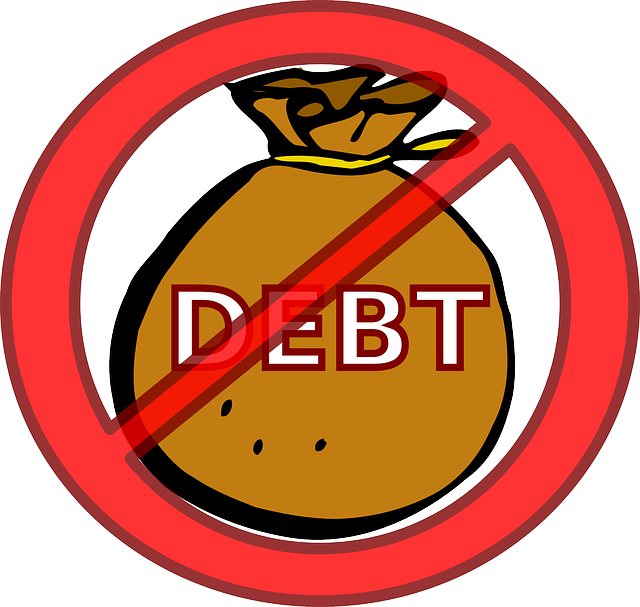In South Africa, where high interest rates pose financial challenges, debt consolidation offers a strategic solution through debt consolidations loans. These loans combine multiple debts into a single loan with lower interest rates and fixed repayment periods, simplifying repayments, saving on interest, and potentially enhancing credit scores. Individuals must meet eligibility criteria, including good credit history and stable income, while lenders assess identity, employment, and debt-to-income ratios. After consolidation, responsible financial management involves creating a budget, prioritizing high-interest debts, avoiding unnecessary spending, and making consistent repayments to improve long-term financial health.
Looking to take control of your finances in South Africa? Debt consolidation loans offer a strategic approach to managing multiple debts. This comprehensive guide explores the concept of debt consolidation, its numerous benefits for South African borrowers, and provides an insightful breakdown of eligibility criteria, loan types, application processes, and post-consolidation management tips. Discover how consolidating your debt can simplify repayment and potentially save you money.
- Understanding Debt Consolidation: Unraveling the Concept and Benefits
- Debt Consolidation Loans in South Africa: Eligibility and Types of Loans
- The Process of Applying for a Debt Consolidation Loan
- Managing Your Debt After Consolidation: Tips and Best Practices
Understanding Debt Consolidation: Unraveling the Concept and Benefits

Debt consolidation is a strategic financial move that combines multiple debts into a single loan with a lower interest rate. This approach allows individuals to simplify their repayment process, making it easier to manage and ultimately pay off their debt more efficiently. In South Africa, where high interest rates can exacerbate financial strain, understanding debt consolidations loans is crucial for those burdened by various debt obligations. By consolidating, borrowers can reduce the overall interest they pay over time, which can result in significant savings.
The benefits extend beyond financial relief. A consolidated loan often has a fixed repayment period, providing borrowers with clear and predictable monthly instalments. This structure enables individuals to regain control of their finances, free up cash flow for other essential expenses or investments, and potentially improve their overall credit score as they consistently make on-time repayments.
Debt Consolidation Loans in South Africa: Eligibility and Types of Loans

In South Africa, individuals looking to consolidate their debt have several options available. Debt consolidation loans are designed to simplify multiple debts into a single loan with a lower interest rate and more manageable monthly payments. To be eligible, borrowers typically need a good credit history, stable income, and a clear understanding of their financial obligations. Lenders often require proof of identity, employment, and income, as well as an assessment of the borrower’s overall debt-to-income ratio.
There are various types of debt consolidation loans in South Africa, each with its own features and benefits. Secured loans, for instance, use an asset as collateral, which can lower interest rates but also carries the risk of losing the asset if repayments are missed. Unsecured loans, on the other hand, do not require collateral but usually come with higher interest rates. Other options include balance transfer cards, which offer low-interest periods to consolidate debt, and personal loans from banks or financial institutions that cater specifically to debt consolidation purposes.
The Process of Applying for a Debt Consolidation Loan

Applying for a debt consolidation loan in South Africa is a structured process designed to help individuals gain control over their multiple debts. It involves several steps that require careful consideration and documentation. Firstly, assess your financial situation by listing all your existing debts, including credit cards, personal loans, and any other outstanding balances. Calculate the total amount owed, interest rates, and minimum monthly payments for each debt. This step is crucial as it helps determine the extent of consolidation possible and the long-term impact on your finances.
Once you have a clear picture of your debts, research different lenders offering debt consolidations loans in South Africa. Compare their interest rates, repayment terms, and any associated fees. You can approach multiple lenders for quotes, ensuring you’re getting the best deal. Prepare necessary documents like proof of identity, income statements, and details of your current debts. These will be required by the lender to assess your financial health and eligibility for a consolidation loan.
Managing Your Debt After Consolidation: Tips and Best Practices

After successfully consolidating your debt through a loan in South Africa, managing your financial obligations responsibly becomes paramount to avoid accumulating new debts. A crucial first step is to create and strictly adhere to a budget that accounts for all expenses and ensures repayment of the consolidated debt on time. Prioritise high-interest debts within your budget to minimise interest charges over time.
Regularly review your financial situation, making adjustments as necessary to stay on track. Stay away from unnecessary spending and consider using tools like budgeting apps or spreadsheets to monitor your progress. Remember, consistent repayment not only helps you avoid penalties but also improves your credit score, making it easier to access credit in the future.







